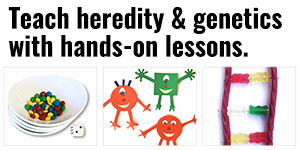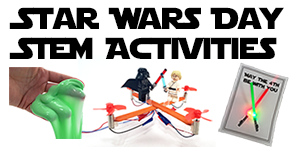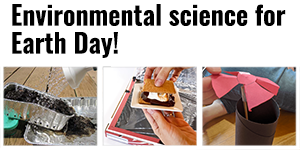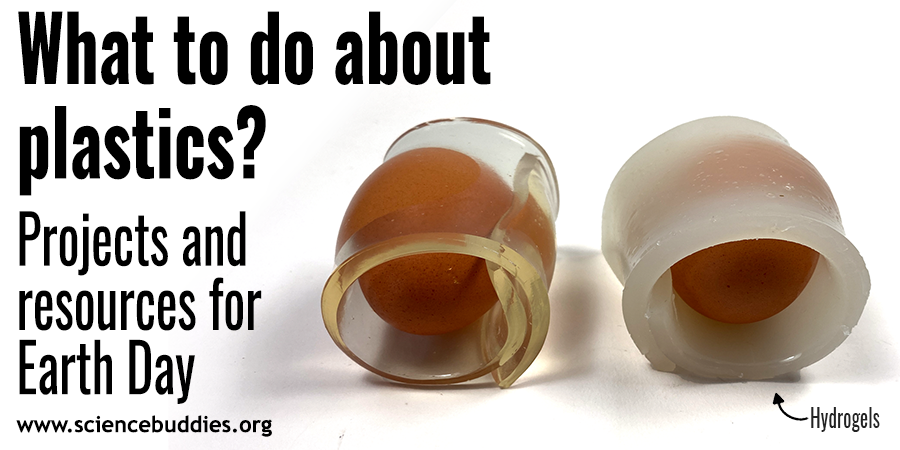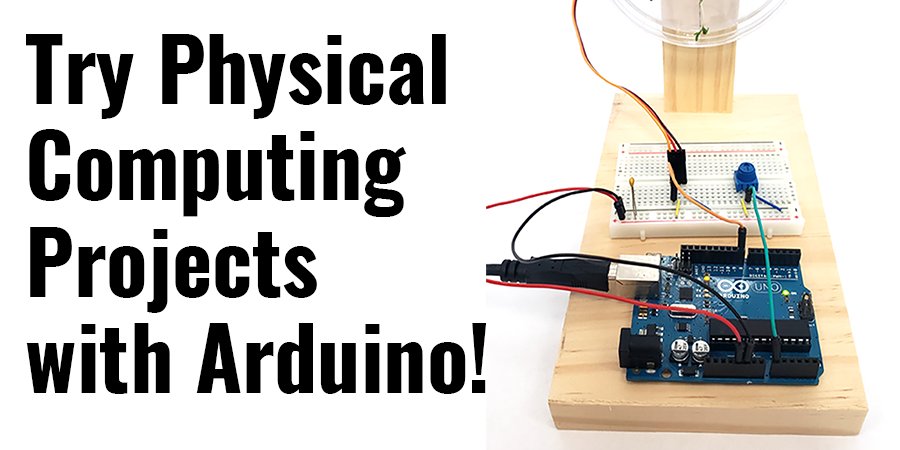Nobel: Palladium as a Catalyst
- Synthesis: forming or building a more complex substance or compound from elements or simpler compounds.
- Palladium: a chemical element with the chemical symbol Pd
- Catalyst: a substance that causes or accelerates a chemical reaction without being affected by the reaction
The 2010 Nobel Prize in Chemistry went to Richard F. Heck, Ei-ichi Negishi and Akira Suzuki for their development of a procedure for "palladium-catalyzed cross coupling," an organic chemistry process which enables the synthesis of large carbon-based molecules. Life on Earth is carbon-based, so carbon is seemingly everywhere, but because individual carbon atoms are so stable, it isn't always easy to hook them together. When carbon atoms are hooked together, however, new things are possible. For example, many medicines depend upon the synthesis of carbon atoms, and electronics and materials like plastics often involve carbon-based materials.
What Heck, Negishi, and Suzuki did is develop processes for using palladium atoms as a catalyst. Carbon atoms meet on a palladium atom, and then are so close together that chemical reactions are possible.
The Role of a Catalyst
In "palladium-catalyzed cross coupling," palladium acts as a catalyst. It "encourages" and "enables" a reaction between individual carbon atoms. Catalysts are used to start or facilitate all kinds of chemical reactions, from manufacturing processes to chemical reactions that occur in our own bodies.
The following science project ideas let you explore the importance of catalysts:
- Crime Scene Chemistry—The Cool Blue Light of Luminol: iron functions as a catalyst in a light-producing chemical reaction. (Difficulty: 8-9 )
- How Far Can You Stretcha the Mozzarella: The Science of Making Cheese!: rennin is a catalyst in the process of making cheese. (Difficulty: 5)
- I Love Ice Cream, But It Doesn't Love Me: Understanding Lactose Intolerance: lactase enzymes are catalysts that aid in digestion of lactose. (Difficulty: 5-7 )
- Presto! From Black to Clear with the Magic of Photochemistry: light can influence the speed of a chemical reaction. (Difficulty: 7-8)
- Liver Stinks!: the liver is a source of catalase enzymes that serve as catalysts in the body. (Difficulty: 3-5)
The Full Story
To read more about Heck, Negishi, and Suzuki's Nobel-winning work in organic chemistry, see this ScienceDaily article.
Don't Miss
Read our other posts about the 2010 Nobel Prizes: http://www.sciencebuddies.org/blog/2010/10/nobel-news-and-student-projects-to-explore-part-1.php
Categories:
You Might Also Enjoy These Related Posts:
- Plastics and Earth Day - Science Projects
- Arduino Science Projects and Physical Computing
- 10+ Robotics Projects with the BlueBot Kit
- 5 STEM Activities with Marshmallow Peeps
- March Madness Basketball Science Projects: Sports Science Experiments
- Women in STEM! More than 60 Scientists and Engineers for Women's History Month
- Explore Artificial Intelligence and Machine Learning with Student AI Projects
- 10 Reasons to Do the Rubber Band Car Engineering Challenge


